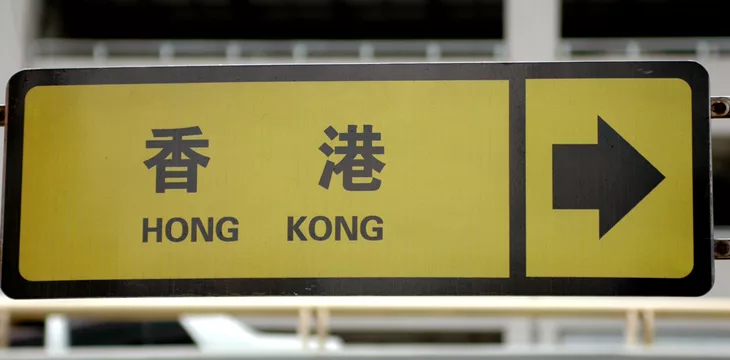|
Getting your Trinity Audio player ready...
|
Hong Kong is proceeding with its plans to be the leading Web3 hub, with the latest in a string of initiatives being the release of guidelines for intermediaries offering digital asset tokenization activities.
The Securities and Futures Commission (SFC) revealed in two circulars that the regulatory framework stems from the surging “market demand” in the industry by residents. To ensure the safety of residents investing in tokenized assets, the SFC makes a valiant attempt at a definition describing them as “fundamentally traditional securities with a tokenisation wrapper.”
As a result of the similarities, the SFC’s framework adopts the principle of “same business, same risks, same rules,” hinting toward the application of traditional securities legislation. However, the securities watchdog remarked in the circular that novel risks as a result of new technologies will require modern regulations.
The SFC’s circular urged intermediaries to take preemptive steps to mitigate ownership and technology risks such as forking and other cybersecurity concerns associated with tokenization. Aware of the existence of several blockchain frameworks, the SFC wants intermediaries to adopt a flexible approach to mitigating risks.
“The SFC sees the potential benefits of tokenisation to the financial markets, particularly in increasing efficiency, enhancing transparency, reducing settlement time and lowering costs for traditional finance, but it is also aware of the new risks arising from the use of this technology,” read one circular.
Going forward, intermediaries dabbling in tokenized securities-related activities should ensure their employees understand the nuances associated with the sector to handle any risks. The SFC’s circular places an additional burden on service providers to perform due diligence and act with “due skill and care.”
The new rules impose additional liabilities on the intermediaries issuing tokenized securities regardless of any preexisting arrangement with third parties. The SFC urges firms offering custodial services to adopt global best practices to ensure the safekeeping of clients’ assets, while virtual asset trading platform operators (VATPs) are expected to offer compensation arrangements for any losses.
Protecting investors amid a strong Web3 push
Despite the hasty approach toward transforming its digital economy using Web3, Hong Kong’s administrators are not skimping on investor protection frameworks. A core feature of the legal and regulatory framework for digital currencies in Hong Kong are investors’ protection provisions necessary to safeguard the issuance and custody of assets in line with global best practices.
In October, the SFC rolled out new rules banning intermediaries from offering complex products to retail investors and an additional requirement for service providers to know the financial literacy levels of investors.
“Where an intermediary provides financial accommodation to a client, it should assure itself the client has the financial capacity to meet the obligations arising from leveraged or margin trading in VA-related products, including a worst-case scenario,” said the SFC said at the time.
Watch: Tokenized was built with blood, sweat and tears

 03-05-2026
03-05-2026 




